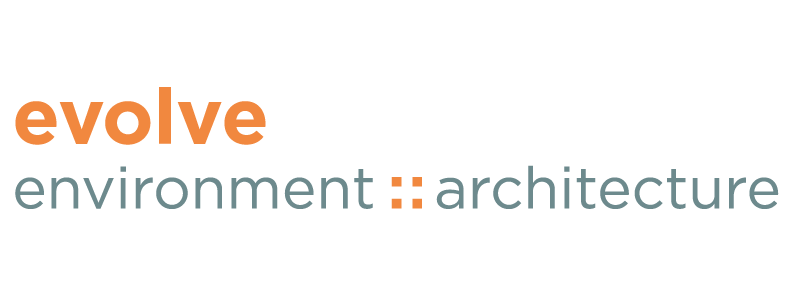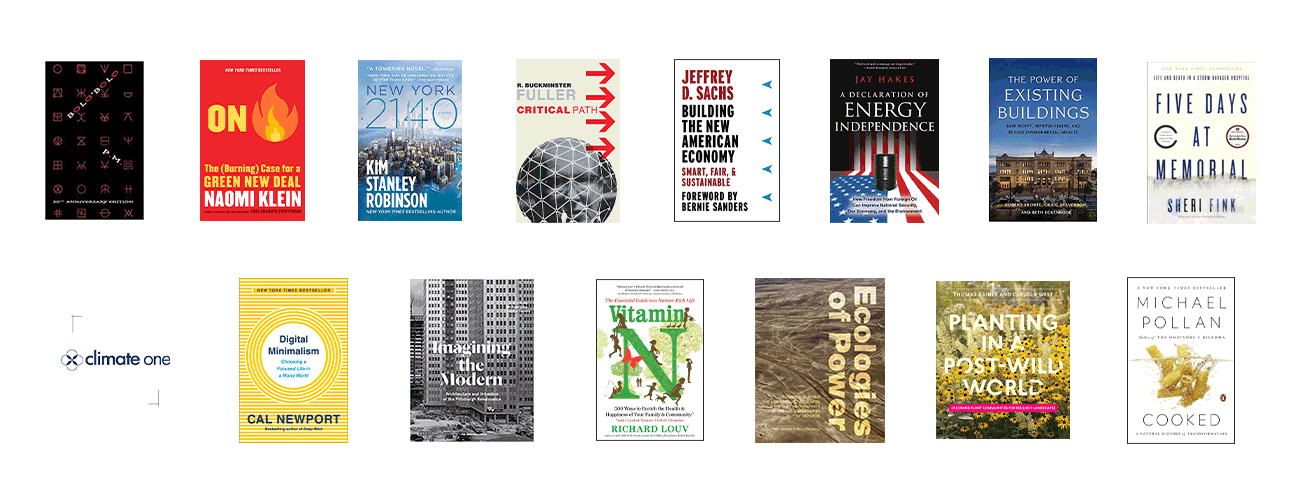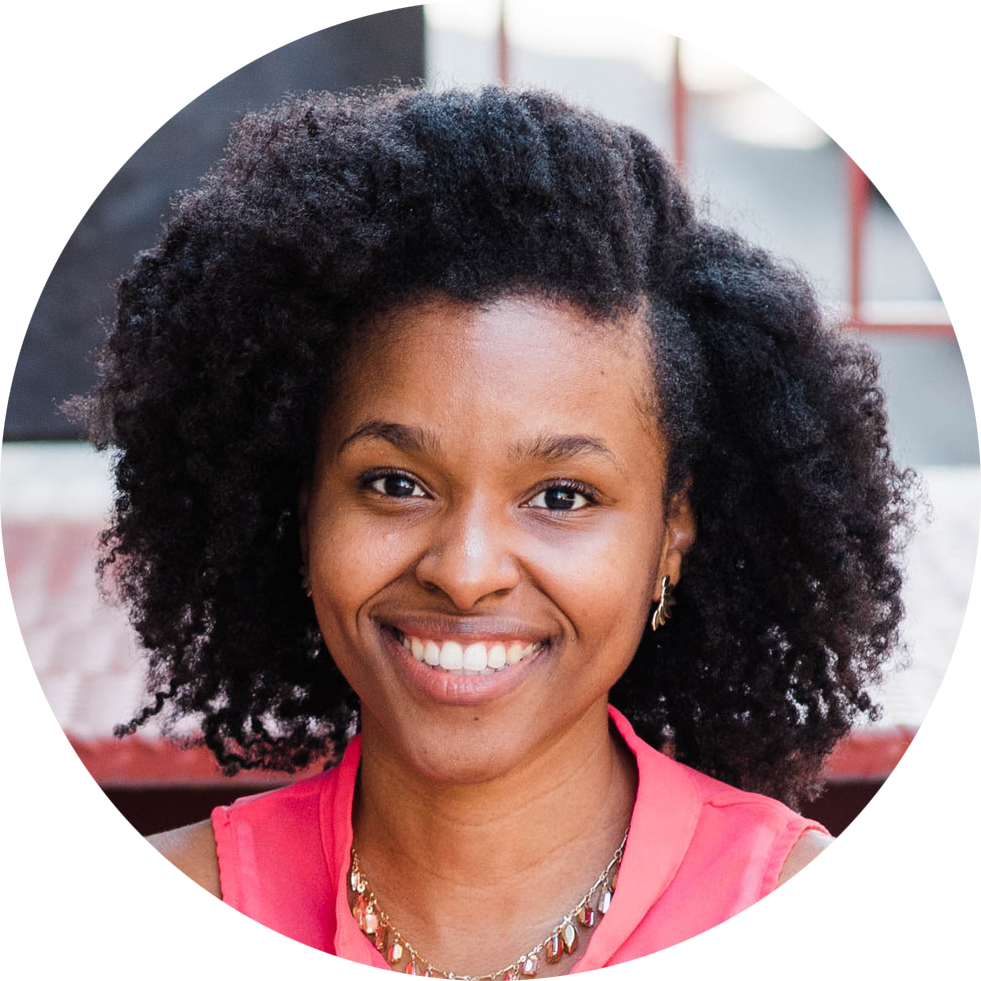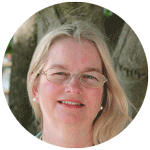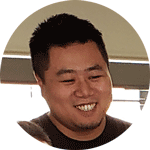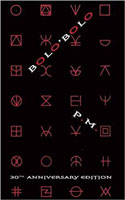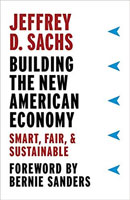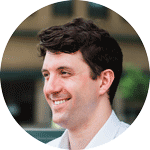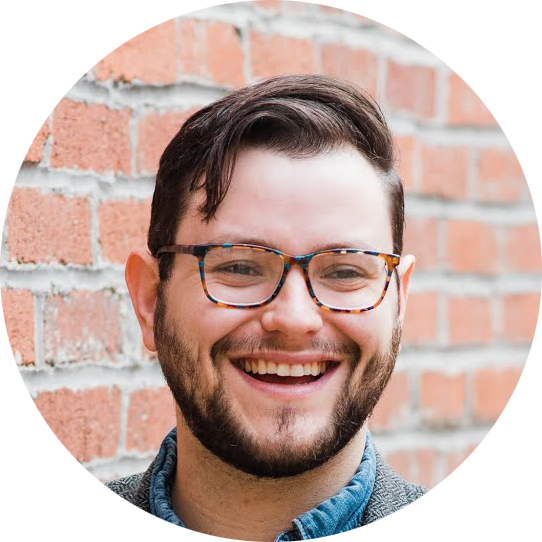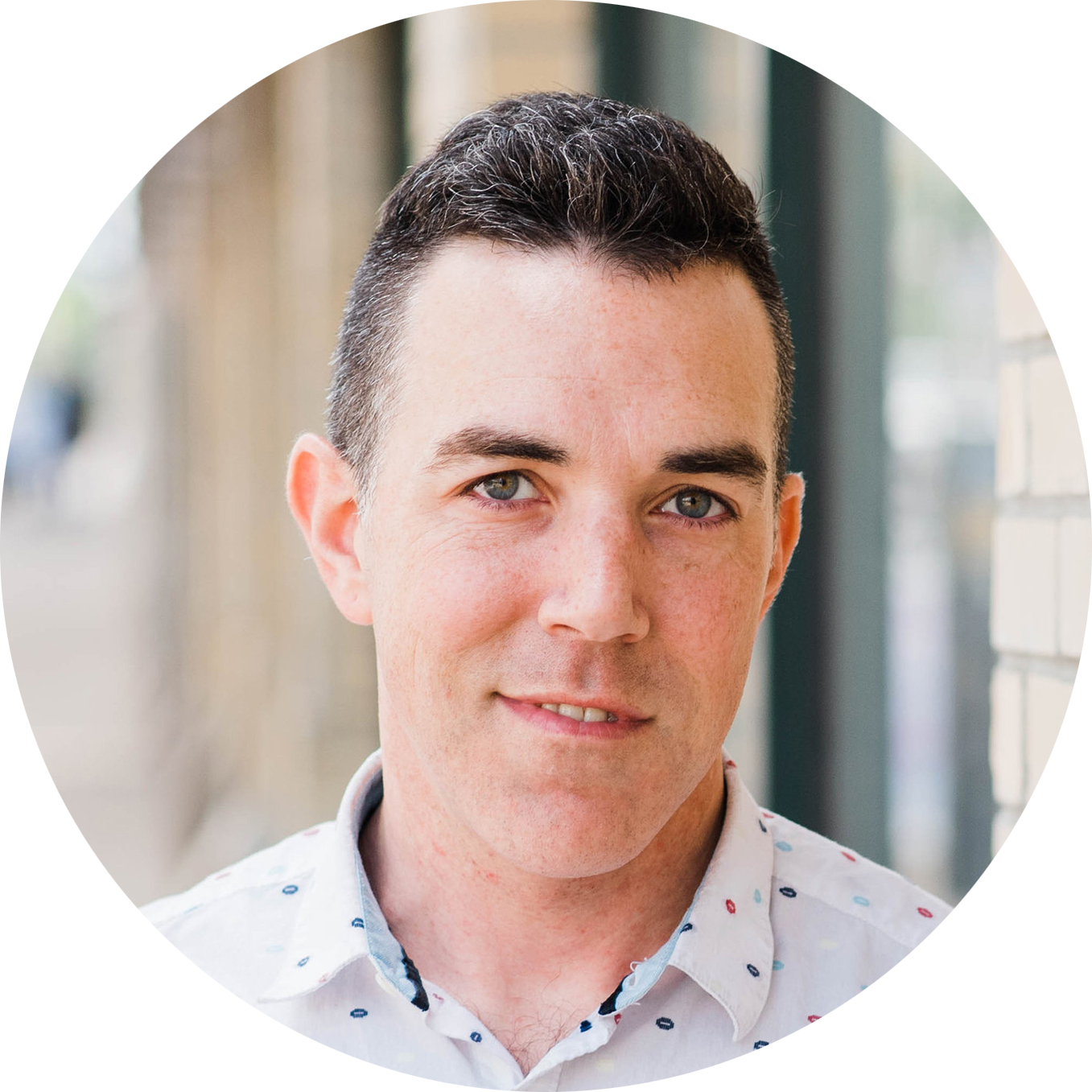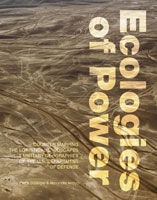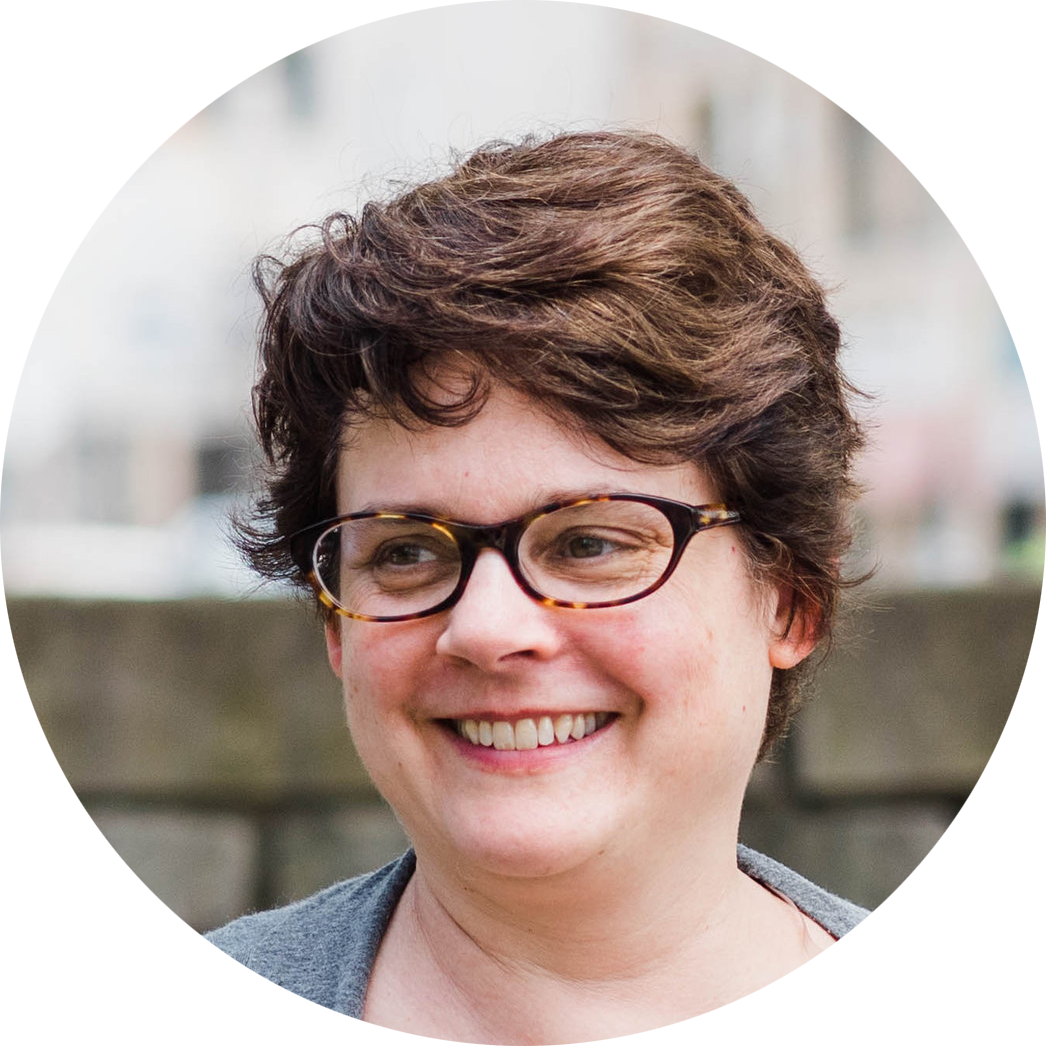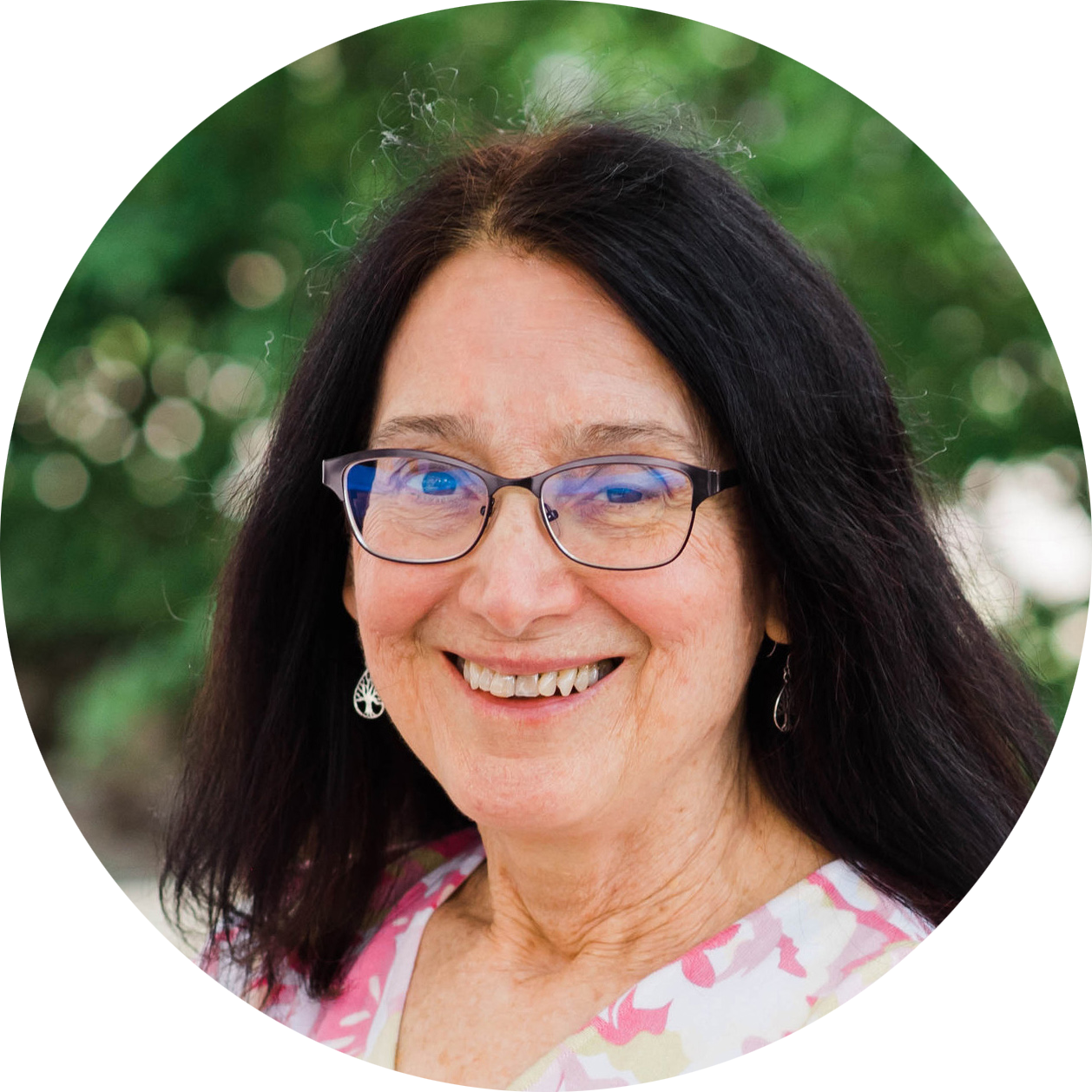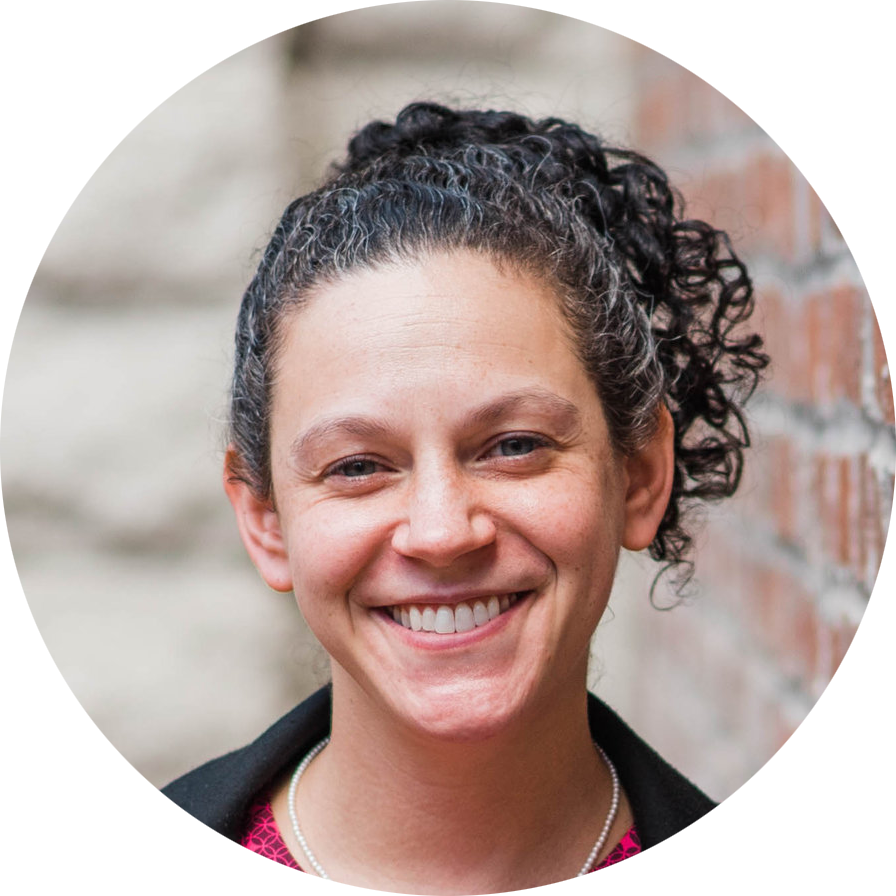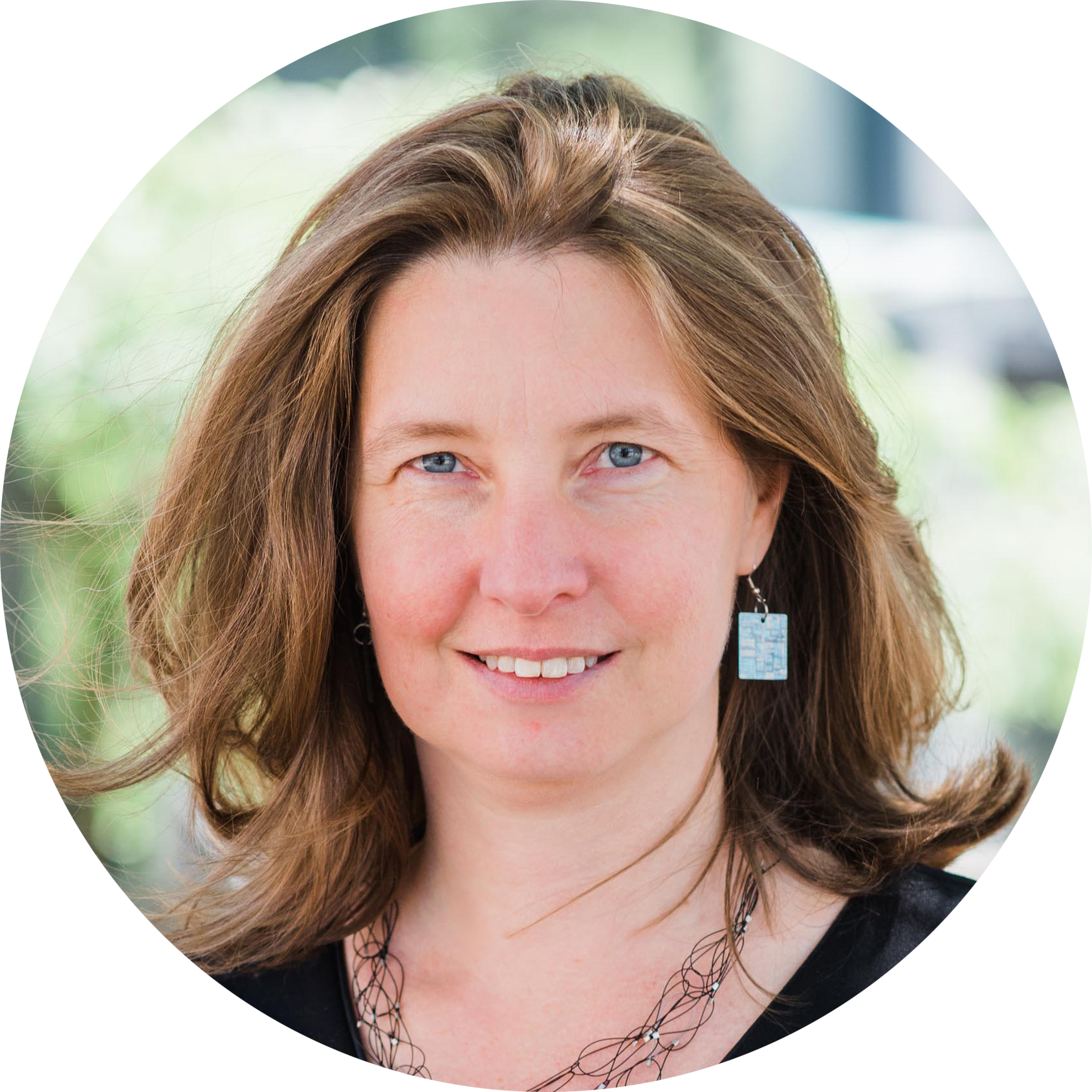Books and Other Media You Should Check Out This Year
As we begin the new year, our team is reflecting on great reads to inspire, activate, and entertain you. Just for fun, we’ve decided to share our list of books and other media for you to check out in 2020 (see below). Here’s to a new decade of open minds, open hearts, and open books!
 What is your holiday book recommendation?
What is your holiday book recommendation?
You’re More Powerful Than You Think by Eric Liu (2018).
Why do you recommend it?
I really enjoyed this book as a framework to approach fundamentals of power with practical applications of how it has been employed in movements that we recognize. Whether you are a seasoned advocate for change, or are just beginning an initiative that has you fired up, this book is a great companion for navigating the world and understanding how things happen.
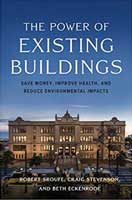 What is your holiday book recommendation?
What is your holiday book recommendation?
The Power of Existing Buildings by Robert Sroufe Jr, Craig Stevenson, and Beth Eckenrode (2019).
Why do you recommend it?
This is a recent publication that describes how to take an existing building to Net Zero. Much of the design hype these days is about new buildings, but the buildings that have been around forever and served us well should be taken step by step to net zero, and this book shows how that can be done.
Are there other factors to note?
One of the authors, Craig Stevenson, is a colleague of ours at AUROS360. He is in Pittsburgh and went to Duquesne University, I believe.
What is your holiday book recommendation?
Bolo’bolo by P.M. (Hans Widmer), 1983.
What is the publication about?
It is a book about an anarchist utopia, the name of the utopia itself and the plural of that utopia’s organizational unit – the Bolo. Bolo represents an autonomous community corresponding to the anthropological unit of a tribe (a few hundred individuals). This would be the basic social unit in an envisioned utopian-ecological future. Bolo’bolo is also a plan for a transformation from our current state, the planetary work-machine, to another social organization mode based on local organization and a microclimate of cultures that form the unit of social cohesion.
Why do you recommend this book?
Bolo’bolo was a great inspiration for me when I was working on my graduate thesis of reimagining public housing in Taipei. It raised an invitation for a common future through a global plan organized in 5 spheres: neighborhood, basic urban commune, city/region, territory, planet, together with a selected bibliography. First published in 1983, it still has the potential to provide a fertile contribution to the vital reinvention of our communities.
What do you recommend reading for the holidays?
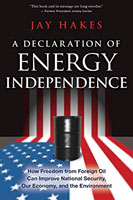 I have a tough time deciding between two books. One is by Jay Hakes, former head of the Energy Information Administration. A Declaration of Energy Independence (2008) makes a case for efficiency and renewable energy to provide all the energy our country needs. As renewable energy becomes more cost effective, public will, policy will and simple economics can create a transition that includes fossil fuels as we bridge towards a carbon efficient economy.
I have a tough time deciding between two books. One is by Jay Hakes, former head of the Energy Information Administration. A Declaration of Energy Independence (2008) makes a case for efficiency and renewable energy to provide all the energy our country needs. As renewable energy becomes more cost effective, public will, policy will and simple economics can create a transition that includes fossil fuels as we bridge towards a carbon efficient economy.
What is the other book you recommend?
The other book is by Jeffrey Sachs, former director of the Earth Institute at Columbia University. Building The New American Economy (2017) looks at an inclusive pathway towards a national economy that addresses infrastructure fatigue, climate change, economic inequality, rising health care costs and access to opportunity. Looking at economic strategies that unlock potential, the book lays out clearly where opportunities lay in moving the country forward.
What is your holiday book recommendation?
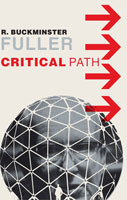 One is Critical Path by R. Buckminster Fuller (1981).
One is Critical Path by R. Buckminster Fuller (1981).
What makes this book interesting?
Fuller describes a future where humanity transcends resource scarcity to move beyond destructive extractive processes toward a circular economy and to move beyond violent social and political conflicts. This book also includes a list of every social and technological innovation over the past 40,000 years that formed the critical path to put a person on the moon.
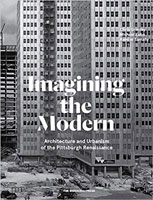 Do you have another favorite book?
Do you have another favorite book?
Yes, Imagining the Modern: Architecture and Urbanism of the Pittsburgh Renaissance by Rami el Samahy, Chris Grimley, and Michael Kubo (2019).
What is this one about?
This book includes historical research, stories, and interviews to provide a definitive record of the highly consequential mid-century urban renewal period in Pittsburgh’s history. Many of today’s neighborhood and development dynamics are in response to the top-down policies and projects that were implemented at a grand scale from the mid 1950’s through the late 1980’s. There are serious lessons to be learned from these projects which included the leveling of vibrant and diverse communities leading to the displacement of entire neighborhoods, destruction of social networks and practices, and further entrenchment of neighborhood-by-neighborhood segregation.
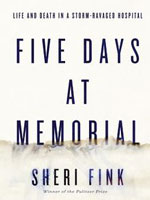 What is your holiday book recommendation?
What is your holiday book recommendation?
I’ve been enjoying reading Five Days at Memorial by Sheri Frank (2013).
What is this book about?
It is a reconstruction of stories from Memorial Hospital before and after Katrina hit New Orleans. It delves into the human impact and difficult situations that occur during times of crisis. Healthcare is an essential piece of infrastructure that is expected to operate continuously and the frequency of extreme weather-related disasters due to climate change is increasing; causing situations in which we find ourselves without hospitals in times of need. Resiliency is a crucial concept that can be incorporated into projects through sustainable strategies.
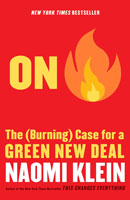 What is your holiday book recommendation?
What is your holiday book recommendation?
On Fire: The (Burning) Case for the Green New Deal by Naomi Klein (2019). You can get the audiobook here.
Why do you recommend this book?
Klein’s (we are not related) compelling argument for rapid and comprehensive changes to our economic system, political system, and overall approach to addressing the worsening climate crisis re-ignited my commitment to human rights and saving the world. Let her convince you too!

Urban Systems Designer
What book do you recommend for the holidays?
Ecologies of Power by Pierre Bélanger and Alexander Arroyo (2016).
What makes this book interesting?
Its a provoking expose of how industry and power are spatialized. Using the United States Department of Defense as a case study, the book helps bring the unimaginable scales of a global territorial practice within reach of our imagination and lays bare the physical outcomes of the world’s largest line item.
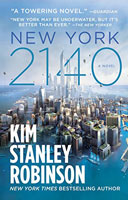 Do you have another recommended reading?
Do you have another recommended reading?
Yes, New York 2140 by Kim Stanley Robinson (2017).
What is this book about?
It is a vivid vision of what our urban landscapes might become in the near future and adds an excellent terrestrial perspective to Kim Stanly Robinson’s celestial sci-fi. Submerging yourself in a New York City 120 years in the future helps to build a powerful picture of the territorial trama’s we may face in the intervening years as well as the ramifications that might have on society.
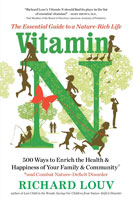 What is your holiday book recommendation?
What is your holiday book recommendation?
Vitamin N: The Essential Guide to a Nature-Rich Life by Richard Louv (2016).
What do you like about this book?
In it, author Richard Louv offers 500 ways for adults and kids of all ages to reconnect with nature and develop a positive personal relationship with the surrounding environment to counteract what he calls nature-deficit disorder.
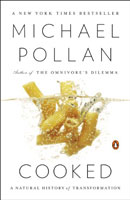 What is your holiday book recommendation?
What is your holiday book recommendation?
One of my favorite quotes about planting and planting design (and how it differs from other types of design) is from Michael Pollan’s Cooked: A Natural History of Transformation (2014). “The gardener [or landscape architect] is working with living creatures that have their own interests and agency. He succeeds not by dictating to them, as a carpenter might to lumber, but by aligning his interests with theirs.”
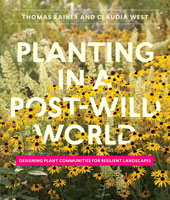 What else do you recommend?
What else do you recommend?
The best book out there that talks about how we as humans can better align our interests with those of plants is Planting in a Post-Wild World: Designing Plant Communities for Resilient Landscapes by Claudia West & Thomas Rainer (2015).
 What is your holiday book recommendation?
What is your holiday book recommendation?
This winter, I’ve taken to listening to podcasts during my morning exercise routine. A couple of my favorites are “Climate One,” a 50-minute weekly podcast that features conversations with a wide range of top thinkers and doers related to the climate challenge. Recent episodes have ranged from “Cities for the Future” to “Climate in the Courts.” It also was just nominated for a “Best Green Podcast” award from iHeartRadio.
 A related podcast I like to check in on is the one run by Citizens Climate Lobby. I like this one because it focuses on what economists have said for decades is the best solution to the climate problem: a price on carbon. For ten years CCL has worked on getting that passed at the federal level with bipartisan support, and the podcast clarifies the nuances of crafting a carbon fee that works and brings all aboard.
A related podcast I like to check in on is the one run by Citizens Climate Lobby. I like this one because it focuses on what economists have said for decades is the best solution to the climate problem: a price on carbon. For ten years CCL has worked on getting that passed at the federal level with bipartisan support, and the podcast clarifies the nuances of crafting a carbon fee that works and brings all aboard.
BTW, Pittsburgh CCL meets once a month in East Liberty at the Kingsley Center. Check them out!
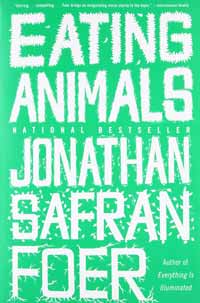 What is your holiday book recommendation?
What is your holiday book recommendation?
Eating Animals by Jonathan Safran Foer (2010).
What do you like about this book?
It is part memoir, part investigative journalism, and entirely interesting and philosophical. This bestselling author has spent much of his life oscillating between enthusiastic carnivore and occasional vegetarianism and uses this book to document his personal feelings and experiences as he explores the meat industry in America.
I appreciate this book for many reasons, including it’s attempt to remain neutral in the discussion for and against eating meat (well, at least at first), the relatable, non-pretentious contemplation that the author grapples with, and the interesting narrative that weaves these thoughts and experiences together. Whether you are a carnivore, vegetarian, or flexitarian, this book does a wonderful job of telling a story and providing information for the reader to make their own decision.
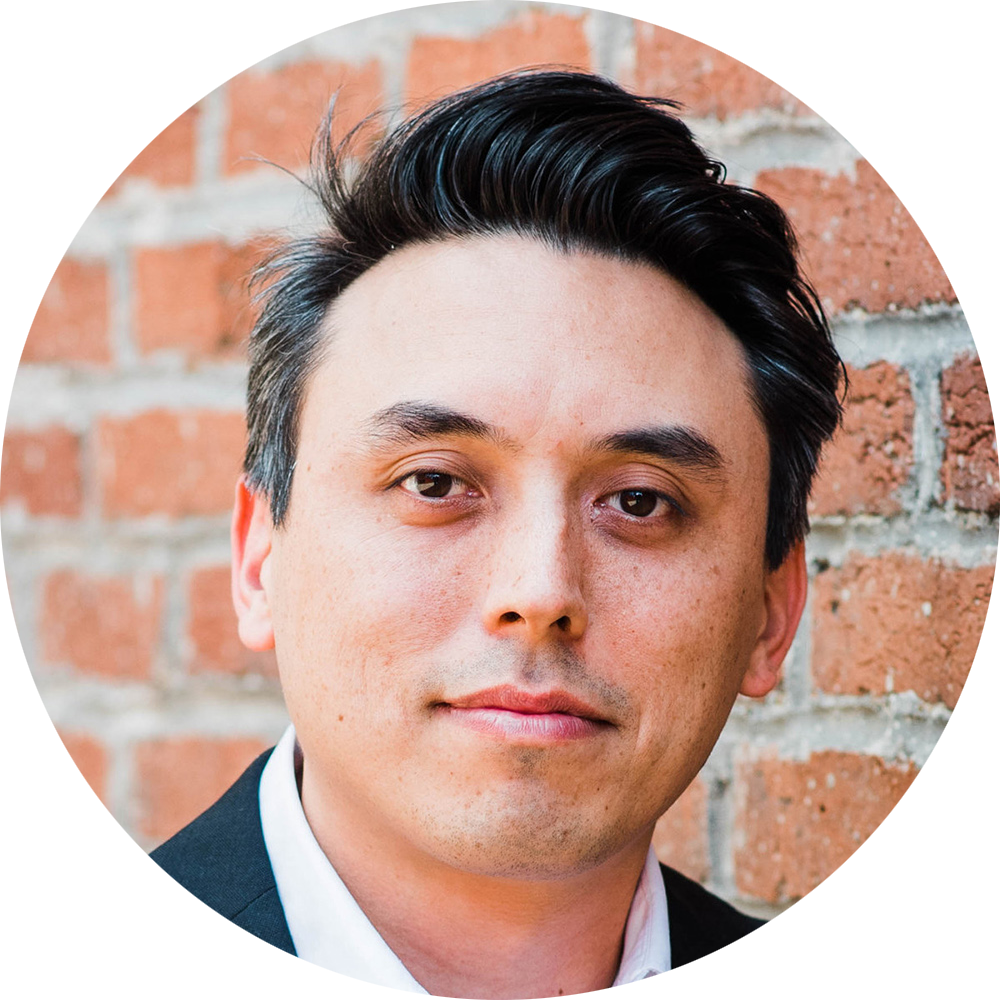
Senior Project Manager

 What are your holiday reading recommendations?
What are your holiday reading recommendations?
This year I’ve been consuming my information in short, dopamine-spiking nuggets in the form of Instagram posts. I’ve been especially enjoying accounts like @d.a.r_technical and @the_donnies that post wall section and detail studies on a regular basis.
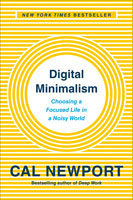 What else do you recommend?
What else do you recommend?
Ironically, I’m also reading Digital Minimalism: Choosing a Focused Life in a Noisy World by Cal Newport (2019) to see if I can curb this interminable consumption of Instagram.
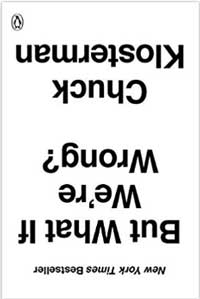 What is your holiday reading recommendation?
What is your holiday reading recommendation?
Chuck Klosterman’s book But What If We’re Wrong?: Thinking About the Present As If It Were the Past (2017) is a book that questions our conception of the future and it continues to turn my mind inside-out.
What is this book about?
Klosterman recounts how Herman Melville’s now-famous book, Moby Dick, only came to be recognized long after it was written, only when the modernist values deemed it, “the most ambitious book ever conceived by an American writer.” Yet Melville died destitute and unrecognized. Klosterman uses this example to poke at our conception of quality. He examines the connections between our beliefs and our definition of what is true, and why we are so bad at imagining that we might be wrong.
What do you enjoy about this book?
While this sounds dangerously like a college philosophy course, Klosterman uses popular culture to conduct a series of thought experiments. Who or what will be in future history books as an emblem of our time? Many of us would point to the famous in their field, whether that be an author, scientist, or artist. Klosterman asks, what if the best author/scientist/artist of our time is not a current person of acclaim, but a divergent, or even an unknown person whose validity we cannot recognize because we are blinded by today’s definition of value?
I spend a lot of time in my head thinking about the future; I am especially obsessed by what I cannot see or imagine. Klosterman’s book is a relief of sorts because it a way to stretch my speculation into unfamiliar territory without feeling like the future is inevitable. His book prompts us to define where be believe we are going, and then turn it inside out and ask, “…but what if we’re wrong?” More importantly, what if being wrong is ok?
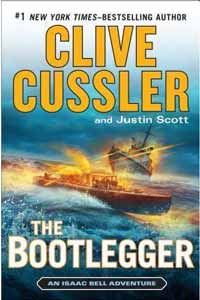
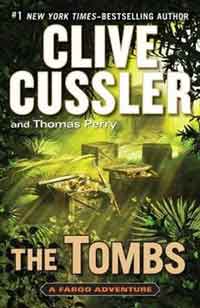
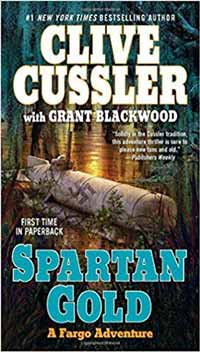 What else do you recommend?
What else do you recommend?
My guilty pleasure is reading anything by Clive Cussler, such as Spartan Gold (2010), The Tombs (2013), or The Bootlegger (2015).
While his books satisfy my craving for historical intrigue (each book starts with a flashback to a fictional historical event rife with treasure, shipwrecks, and the Holy Grail), I mostly read his books for their tales of infallible leadership.
What do you like about this author?
Cussler, who now has other authors writing under his name, creates incredibly formulaic books that feature archetypes of leadership–heroes such as the lone leader (Juan Cabrillo), the team of leaders (NUMA), the paired leaders (Sam and Remi Fargo). They are smart, fit, and never make mistakes. They encounter impossible situations and emerge triumphant. They also never waver in their confidence and their glib exchanges assure us that they are self-aware of the ridiculousness of their invincibility.
While it might seem that Cussler’s formulas would make the books predictable and thus boring (indeed, the good guys always win), the novels are the fantasy football of leadership and are a great escape for anyone who gets bumps and bruises on the gridiron of life.

